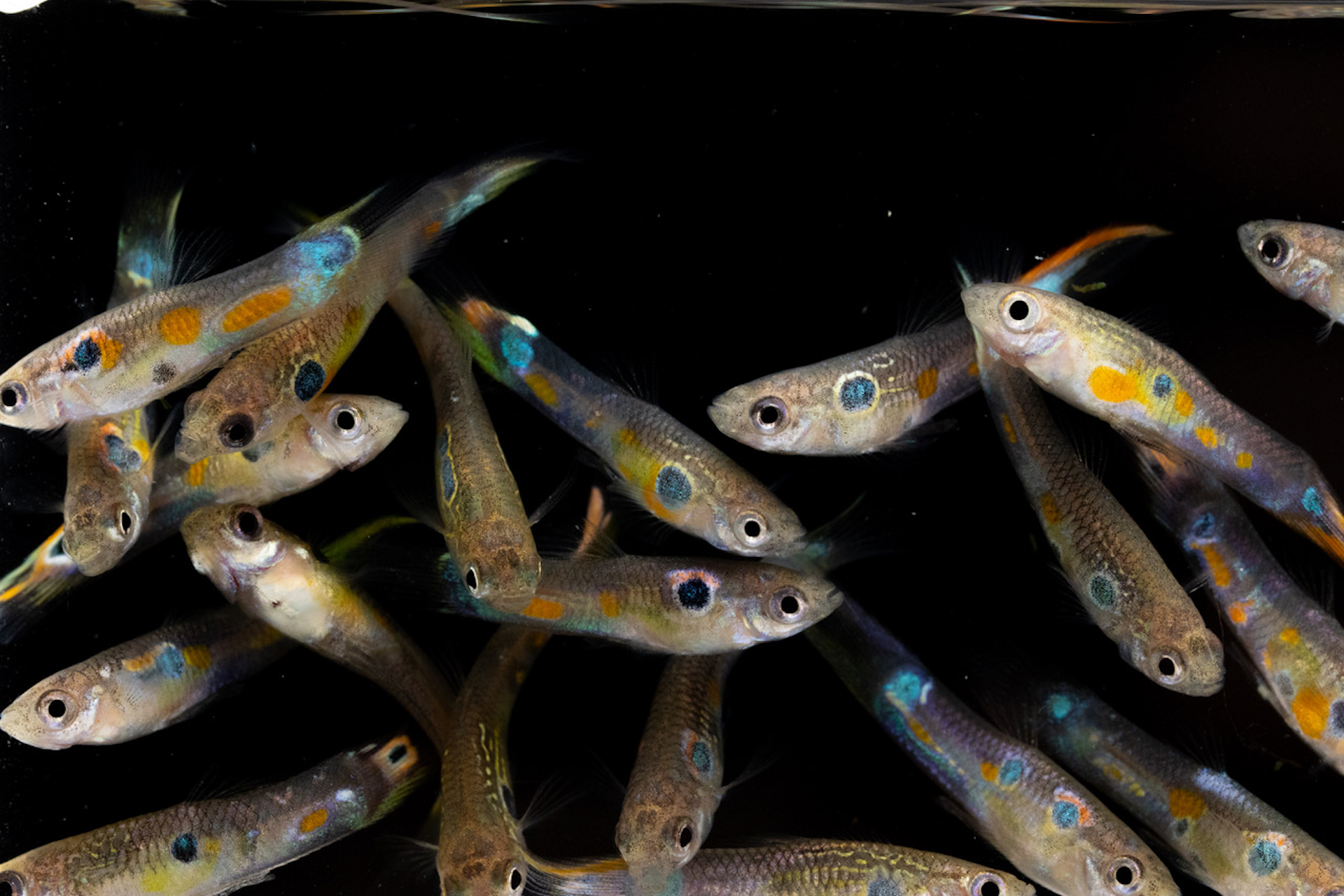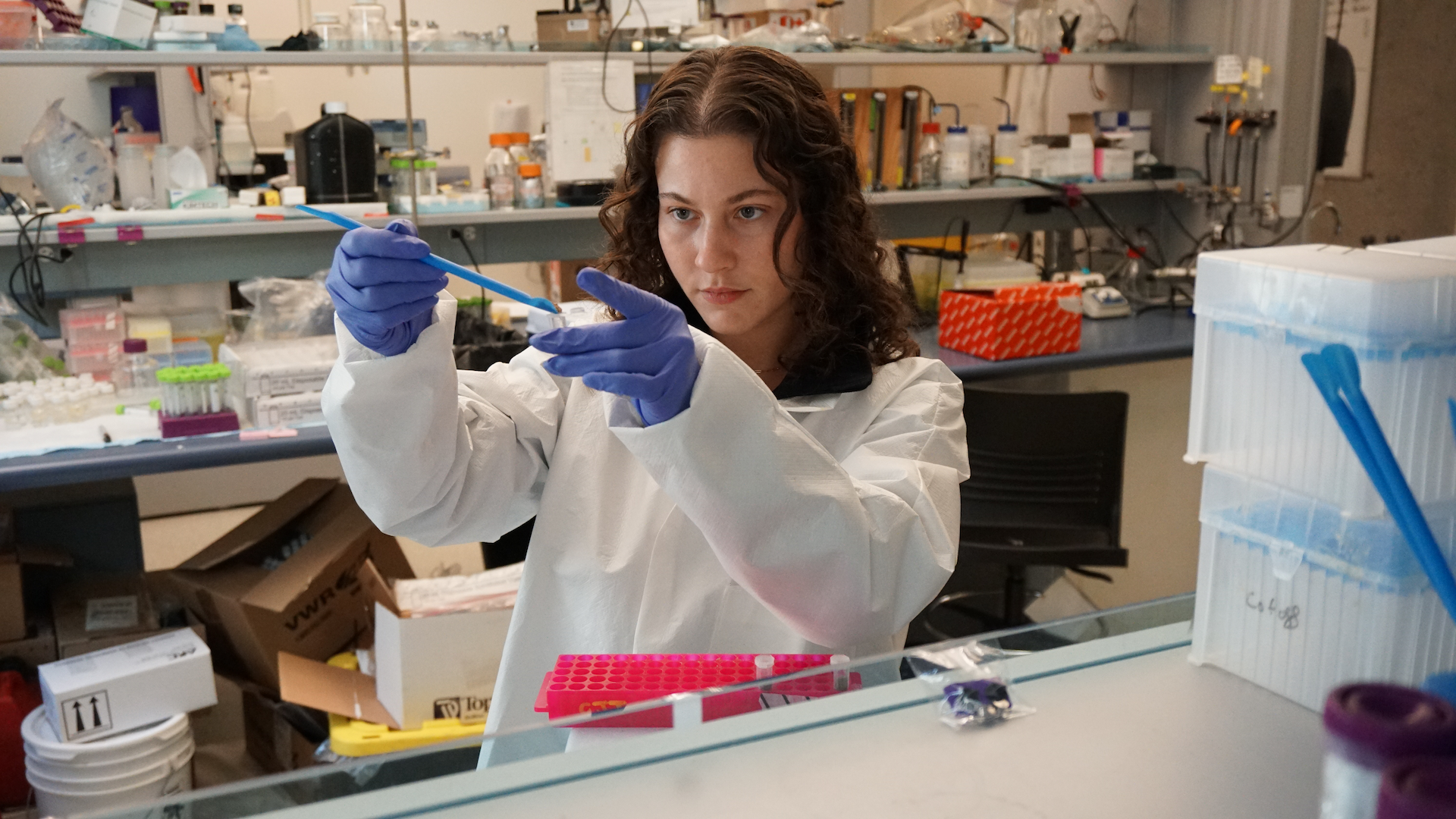-
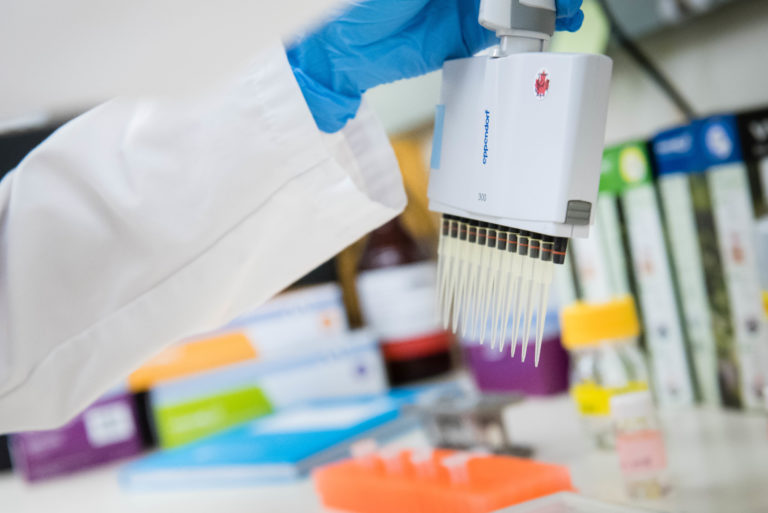
UBC scientists sequencing the genomes of Canadians with COVID-19
For years, genome sequencing has helped scientists better understand the factors that predispose humans to disease. Now, the tool is being used in the fight against COVID-19.
-
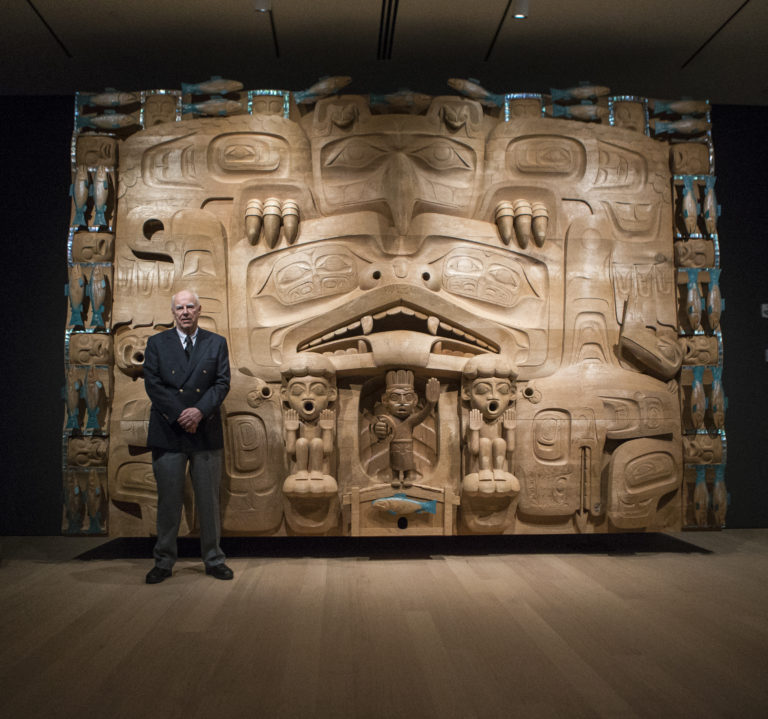
UBC expands research into historical Indigenous art through $6 million endowment
UBC alumnus, Michael Audain, OC, OBC, one of B.C.’s most ardent champions of the visual arts has donated $3 million to UBC to create the Audain Chair in Historical Indigenous Art. The gift, supported through the Audain Foundation, will be matched by the university to create a $6 million endowment. Recruitment of an internationally recognized…
-
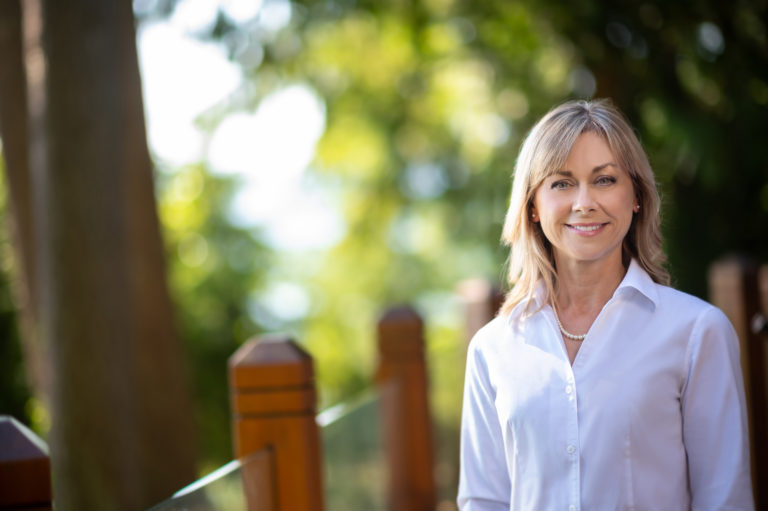
UBC board of governors elects Nancy McKenzie as new chair
The University of British Columbia is pleased to announce the appointment of Nancy McKenzie as the new chair of its board of governors.
-
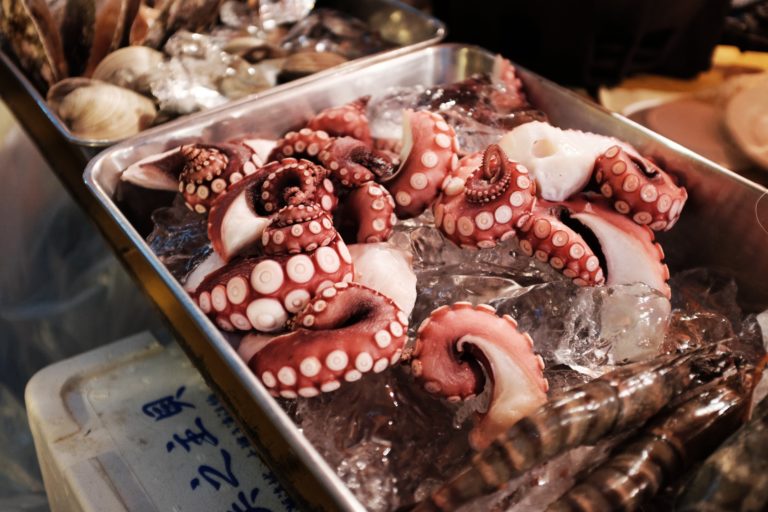
Popular seafood species in sharp decline around the world
Fish market favourites such as orange roughy, common octopus and pink conch are among the species of fish and invertebrates in rapid decline around the world, according to new research.
-
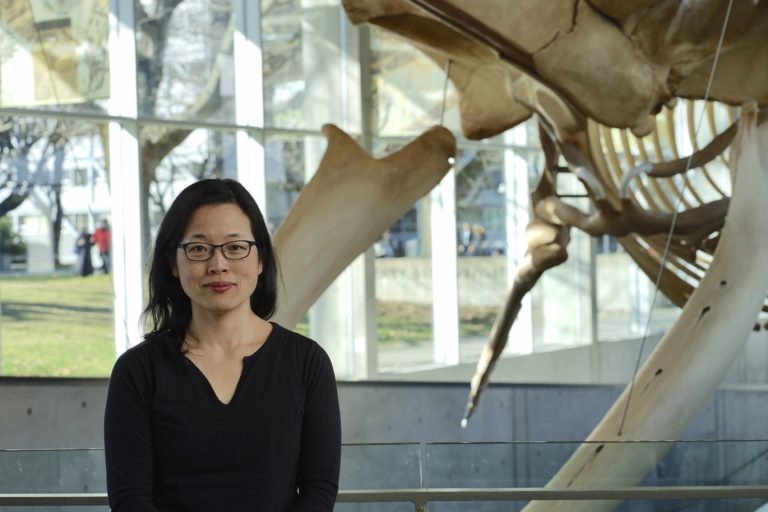
Researchers call for support for BIPOC in ecology and evolutionary biology
Recently, a group of researchers from five different institutions collaborated on a commentary piece in Nature Ecology & Evolution, outlining strategies and support for Black, Indigenous, and people of colour (BIPOC) in ecology and evolutionary biology.
-
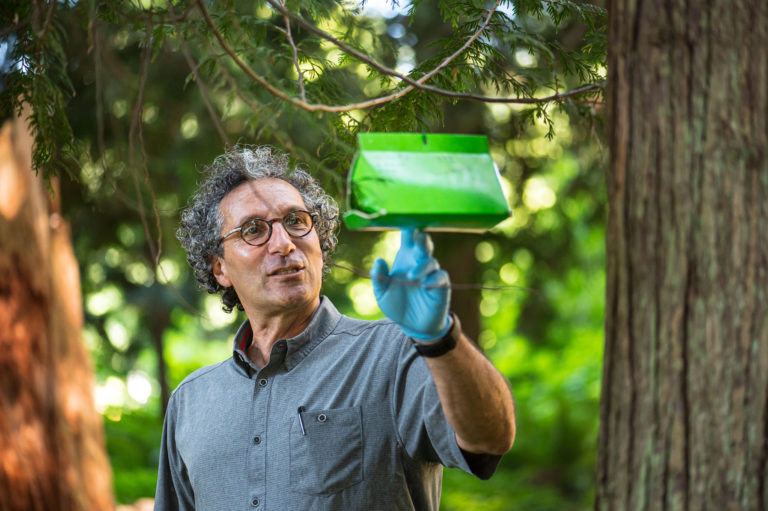
Portable DNA device can detect tree pests in under two hours
A new rapid DNA detection method developed at UBC can identify invasive pests in less than two hours, without complicated processes or chemicals – even in remote locations.
-

Sexual health and domestic violence during COVID-19
Dr. Lori Brotto, a professor in the department of obstetrics and gynaecology at UBC’s faculty of medicine, is leading a national survey to measure changes in sexual health and the prevalence of gender-based violence during COVID-19.
-
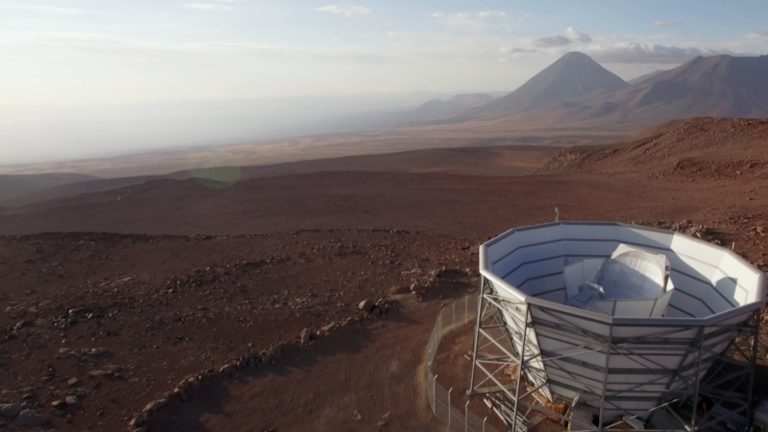
New insights into the origins of our universe
New data released today by the Atacama Cosmology Telescope (ACT) in Chile indicate our universe is around 13.8 billion years old.
-
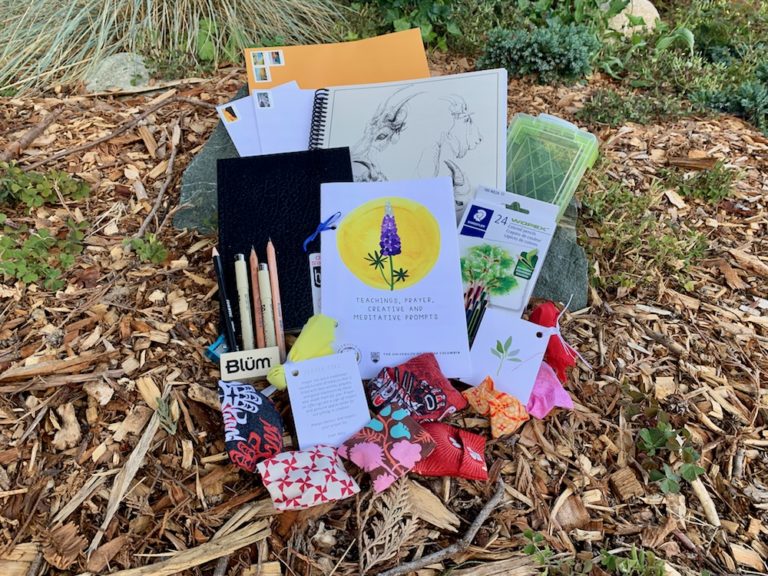
Leaning on art to catch rays of light
Supporting people in prison to create something beautiful during a dark and difficult time is how UBC school of nursing professor Helen Brown and her team describe their new program to deliver “art and reciprocity kits” to people disproportionately impacted by the Canadian criminal justice system.
